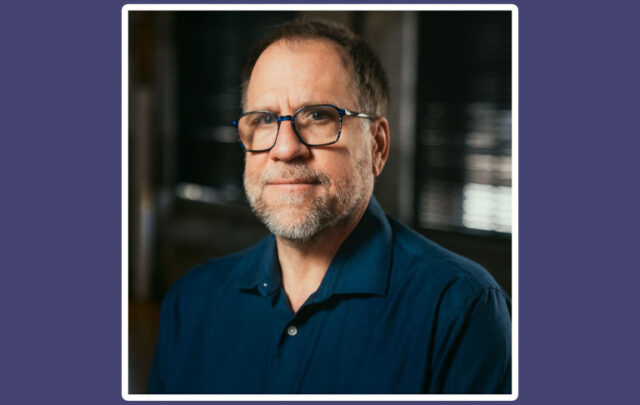 The UK’s Tyndall Centre for Climate Change Research released a report this week addressing the conflict between academics warning on the implications of greenhouse gas emissions for climate change, whilst adding to those emissions by flying to international conferences. The paper follows on from a much read article Hypocrites in the air: should climate change academics lead by example? by Kevin Anderson, who leads Tyndall Manchester’s energy and climate change research programme. More on the report below.
The UK’s Tyndall Centre for Climate Change Research released a report this week addressing the conflict between academics warning on the implications of greenhouse gas emissions for climate change, whilst adding to those emissions by flying to international conferences. The paper follows on from a much read article Hypocrites in the air: should climate change academics lead by example? by Kevin Anderson, who leads Tyndall Manchester’s energy and climate change research programme. More on the report below.
Click on the headline link to see the full article.
A Clean, Green Science Machine, Nature Journal Editorial
As the world warms and technology improves, researchers and institutions should look at their carbon footprints and question whether they really need to travel to academic conferences.
Every time the United Nations climate negotiations get under way, media stories appear about the carbon emissions generated as thousands of government officials, environmentalists and scientists fly in from around the world. Similar questions have been raised about major environmental-science conferences, such as the Fall Meeting of the American Geophysical Union (AGU), which last year drew an astounding 24,000 people. But rarely does this discussion move beyond the obvious. It can indeed seem a bit disingenuous that people who are trying to understand and protect the planet will engage in such a high-carbon activity as aviation, but what is to be done?
Researchers at the Tyndall Centre for Climate Change Research in Norwich, UK, have published a thoughtful working paper (see go.nature.com/zdzitd) that lays out a practical methodology to tackle these questions, from the standpoint of both individual academics and institutions. The bottom line is that aviation emissions are rising, and that academics in the industrialized world are responsible for more than their fair share, thanks to the countless conferences, the international nature of science and the need to do fieldwork in far-flung locales. If academics are to fall into step, they must curb their aviation emissions in concert with the rest of the world…
The Report
Towards a culture of low-carbon research for the 21st Century, Tyndall Centre for Climate Change Research
by Corinne Le Quéré, Stuart Capstick, Adam Corner, David Cutting, Martin Johnson, Asher Minns, Heike Schroeder, Kate Walker-Springett, Lorraine Whitmarsh, Ruth Wood
Abstract
The research community has highlighted for several decades the implications of greenhouse gas emissions for climate change. In response, world governments have agreed to limit global temperature change to 2°C, which requires drastic reductions in greenhouse gas emissions. In advanced economies, a commitment to a 2°C limit generally represents a reduction of emissions of between 80-95% from the 1990 baseline. Despite this, emissions from international aviation increased by 53 % between 1990 and 2011 in those countries. Academic researchers are among the highest emitters, primarily as a result of emissions from flying to conferences, project meetings, and fieldwork. Here we review the rationale for and alternatives to the current high-carbon research culture. We find no clear obstacles to justify an exemption for the research community from the emission reduction targets applied elsewhere. While stimulating ideas and creating personal links of trust are important benefits of face-to-face meetings, these benefits may be outweighed by the opportunities to reach much wider communities by developing and using new social media and online platforms. We argue that the research community needs a roadmap to reduce its emissions following government targets, which ironically are based on findings of the research community. A roadmap to a low-carbon research space would need simple monitoring, an example of which is presented here and documents the Tyndall Travel Tracker, incentives from international and national research platforms and funders, and a fundamental change in the research culture to align the walk with the talk. Such a change in practice would strengthen the trust of the public in research.
Related Articles
Hypocrites in the air: should climate change academics lead by example? – Kevin Anderson
Sustainable Development Professionals: Does Your Flight Render Your Efforts Futile? – Josh Kearns
Traveller image via shutterstock. Reproduced at Resilience.org with permission.







Comments